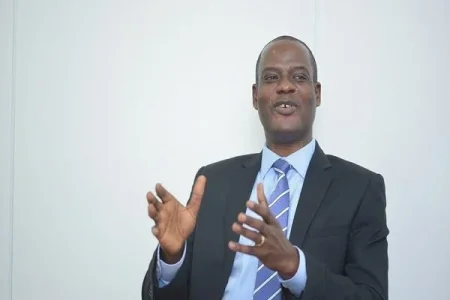
Taiwo Oyedele, chairman of the Presidential Fiscal Policy and Tax Reforms Committee, explains that the new tax reform bills aim to foster inclusive growth and ease the burden on low-income earners. The reforms seek to overhaul Nigeria’s outdated tax system, addressing revenue leakages and promoting economic prosperity.
Taiwo Oyedele, the chairman of the Presidential Fiscal Policy and Tax Reforms Committee, has explained that the upcoming tax reform bills, pending approval from the National Assembly, are critical to Nigeria’s economic recovery. Speaking at a town hall hosted by Channels Television, Oyedele clarified that the primary goal of the tax reforms was not simply to raise more revenue but to foster inclusive growth and equitable prosperity for all Nigerians.
He likened the current fiscal and tax system to a major obstacle preventing the country’s economic growth, stressing that the reforms are designed to alleviate this burden. According to Oyedele, the reform bills aim to exempt individuals earning N83,000 a month or N1 million annually from taxation, which would significantly ease the financial pressure on low-income earners.
Despite the positive vision for the reforms, they have sparked debates across political circles. Key figures, including former Vice President Atiku Abubakar and Borno Governor Babagana Zulum, have expressed concerns that the proposed bills could harm the northern region’s economy, which is already grappling with poverty and underdevelopment. These leaders suggest that the reforms may disproportionately affect the northern states.
On the other hand, supporters argue that the bills are necessary to modernize Nigeria’s outdated tax laws. Approved by the Federal Executive Council in October, the four reform bills are designed to revamp the country's tax administration, close revenue leakages, and establish frameworks for fairer tax collection. Oyedele emphasized the urgency of implementing these reforms, noting that Nigeria’s current tax system is based on outdated colonial-era laws that no longer serve the needs of a modern economy. He urged the National Assembly to prioritize the bills, aiming for passage within a year, to avoid further delays in economic development.




